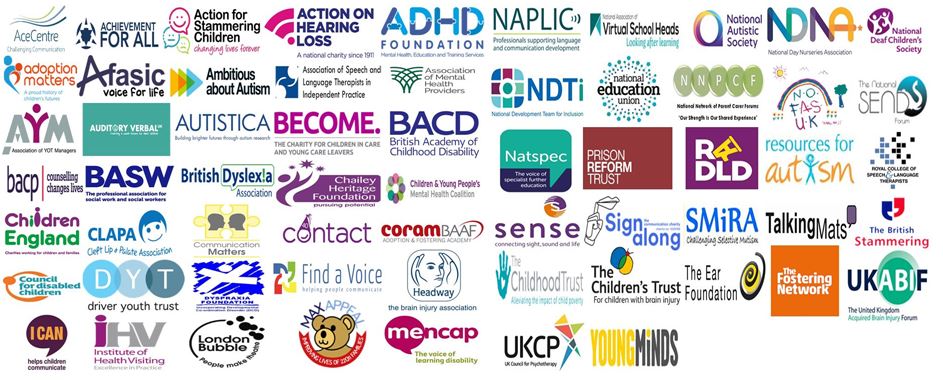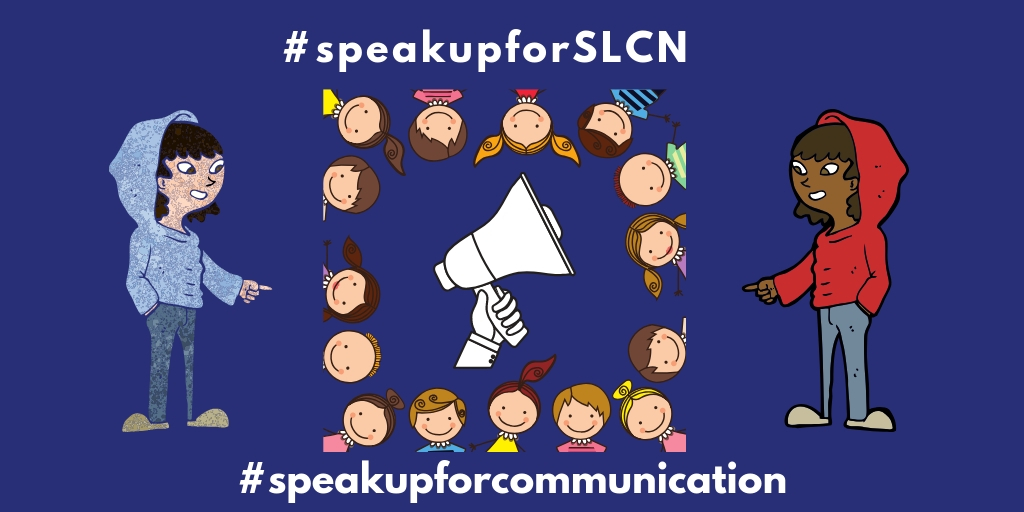
A Call to Action for Children with Speech, Language & Communication Needs
CLAPA is proud to support the Royal College of Speech and Language Therapists (RCSLT), I CAN, and others concerned with the SLT needs of children and young people in a renewed call for action on the recommendations of the Bercow 10 Years On Report.
In the UK, 1.4 million children and young people have speech, language and communication needs (SLCN). Around half of all children born with a cleft palate will need some form of Speech and Language Therapy (SLT) to help them communicate clearly with others as they grow older. SLT is a vital part of the cleft care pathway, and CLAPA supports any effort to improve the quality, accessability and effectiveness of SLT in the UK.
A 2017 report on SLT provision in Cleft Units found there was inequality between services around the country, and that the provision in some areas was far below what cleft specialists believed was needed. The report also indicated that, in cleft care, SLT was “disproportionately targeted for down-grading of posts and reduction in provision,” with similar concerns shared by many charities and groups supporting children and young people with SLCN.
The Bercow 10 Years On report published in March last year shows “poor understanding of and insufficient resourcing for speech, language and communication needs. This means too many children and young people receive inadequate, ineffective and inequitable support, potentially impacting on their educational outcomes, their employability and their mental health.”
A year ago, the Prime Minister stated that the government did not want to see any child held back from achieving their potential, and that this included ensuring speech, language and communication needs are given the support they need. Since then, just 17 of the 47 recommendations made in the report have been implemented, and it’s clear there is still much to be done.

CLAPA is one of 60 organisations to sign an open letter to the Prime Minister laying out five areas in which urgent action is needed to improve the state of SLT in the UK.
This letter urges the government to act on five key recommendations:
- Joint commissioning to put an end to the postcode lottery of support for these children and young people;
- Support for children and young people with long-term, persistent SLCN, who require some level of specialist help during and beyond their early years;
- Providing professional development for those working in education, including teachers and teaching assistants, to enable all children and young people to develop language and communication skills. Teachers also need to be able to identify children and young people with SLCN as early as possible so they can be supported effectively;
- Incentivising schools to give speech, language and communication the priority it deserves;
- Training practitioners who are working with vulnerable children and young people, including; looked after children, those in the youth justice system or who are living with mental health issues, in how to recognise SLCN and respond effectively. They must also have access to specifically commissioned speech and language therapy services for those children and young people who need them
Find out more about this open letter on I CAN’s website
Learn about how a cleft can affect speech


